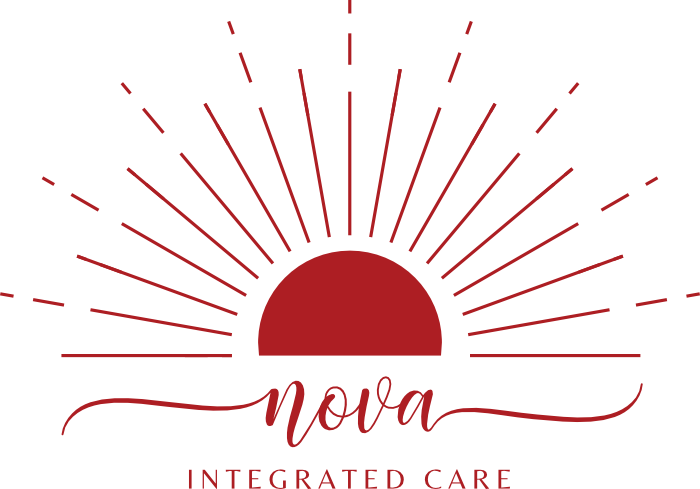Membership medicine, also known as concierge medicine, is a healthcare model where patients pay a membership or subscription fee to access primary care services directly from their healthcare provider. This approach is an alternative to the traditional fee-for-service model, which often involves billing insurance companies for each service provided. Membership medicine can take many forms, but – in general – the meaning of membership medicine is primary care physicians see far fewer patients than traditional primary care physicians and spend more time with each patient. Key features of membership medicine include:
- Membership Fee: Patients pay a regular fee (paid in a 6-month or 12-month plan) to their healthcare provider to receive a set of primary care services. This fee structure aims to cover routine healthcare needs.
- Availability of Primary Care Services: The membership fee typically includes a range of primary care services, such as office visits, preventive care, basic diagnostic tests, and sometimes telemedicine consultations. This can lead to a more direct and personalized relationship between the patient and the healthcare provider.
- Enhanced Access and Communication: Patients often have enriched attention from their healthcare provider, including longer appointment times, same-day or next-day appointments, and direct communication through secure messaging or phone calls.
- Focus on Preventive Care: Membership medicine often emphasizes preventive care and wellness, encouraging patients to address health concerns proactively before they become more serious issues.
- Reduced Administrative Overhead: By avoiding insurance billing for routine services, providers in membership medicine can reduce administrative costs and paperwork, allowing more time and resources to be dedicated to patient care.
- No Insurance for Routine Services: Typically, the membership fee covers routine primary care services, and patients may be advised to maintain high-deductible or catastrophic insurance plans to cover more significant medical expenses.
- Limited Patient Load: Some membership medicine providers limit the number of patients they accept, aiming to maintain a smaller patient panel to provide more personalized care.
- Emergency Medical Card: Containing emergency medical information about medications, equipment you use, allergies and sensitivities, preferred treatment and treatment-medical providers, and important contact people.
